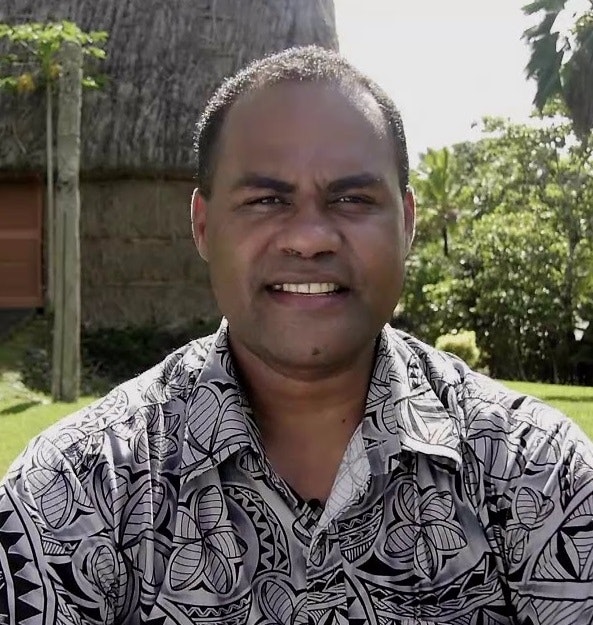Everlasting marine resources for the people of Fiji

When a chief dies in Fiji, local people stop fishing for a hundred nights. The size of their first catch when they return to the sea is a sign of the chief’s power and status.
Fijians – 80% of whom live by the coast – are therefore well aware that if you stop fishing for a certain period of time, the catch size increases. But it is only through systematic management of marine resources that Fijians will really be able to replenish fish stocks and preserve their natural marine habitat. Alifereti Tawake, winner of the 2004 Whitley Award for People and the Environment sponsored by WWF-UK, has initiated a community-led project which is achieving such astonishing results that conservationists working with other island communities such as Indonesia, the Philippines and Papua New Guinea are hoping to replicate the scheme in their own countries.
The project started in Verata, a tiny community on a small patch of mudflats on Viti Levu, that depends on clams for its survival. By the mid-1990s, both clam sizes and clam populations were dwindling fast.

Working closely with local people and using their local knowledge, Alifereti identified the best sites to set aside as ‘no-take’ zones. In Verata, this involved protecting clam breeding areas and areas where giant clams and mud lobsters lived. In other districts, other species are more economically, culturally and ecologically significant.

Speaking in 2004, Alifereti said: “The important thing is to set up the no take areas systematically, train local people to monitor the effectiveness of the scheme and to track changes. My grandfather told me that, in the old days, he would prepare dinner by setting a pot of water to boil, going down to the sea, catching his fish and coming back to cook it. Now it can take villagers a whole day to get enough food for dinner and many would rather just buy tinned food than spend hours trying to fish for themselves.”
PROJECT UPDATE
In the seven years since Alifereti began his work in Verata, clam populations have increased 24-fold and in only one year since winning the Whitley Award, he has managed to create local capacity and will establish a network of 33 Locally Managed Marine Areas (LMMAs) covering over 10% of the coastline.
Fiji’s Locally Managed Marine Area Network goes from strength to strength and since November 2004, Alifereti and his team have managed to set up three established provincial networks locally known as Qoliqoli (Customary Fishing Area) Management Support Teams as part of a new strategy to meet the rising demands for Fiji’s LMMA’s services from communities and the public.
Alifereti’s ultimate goal is to see a systematically managed network of marine areas across the whole of Fiji. 109 of the 410 customary fishing areas are now locally managed but there is still more work to be done. He said: “We would like the whole country to be covered and this now seems possible given the government’s plans to return control of its 410 traditional fishing areas to local communities to manage as marine reserves. The key is choosing the No Take areas with care. The local communities are involved and part of the planning – and this is what makes the system work.”



